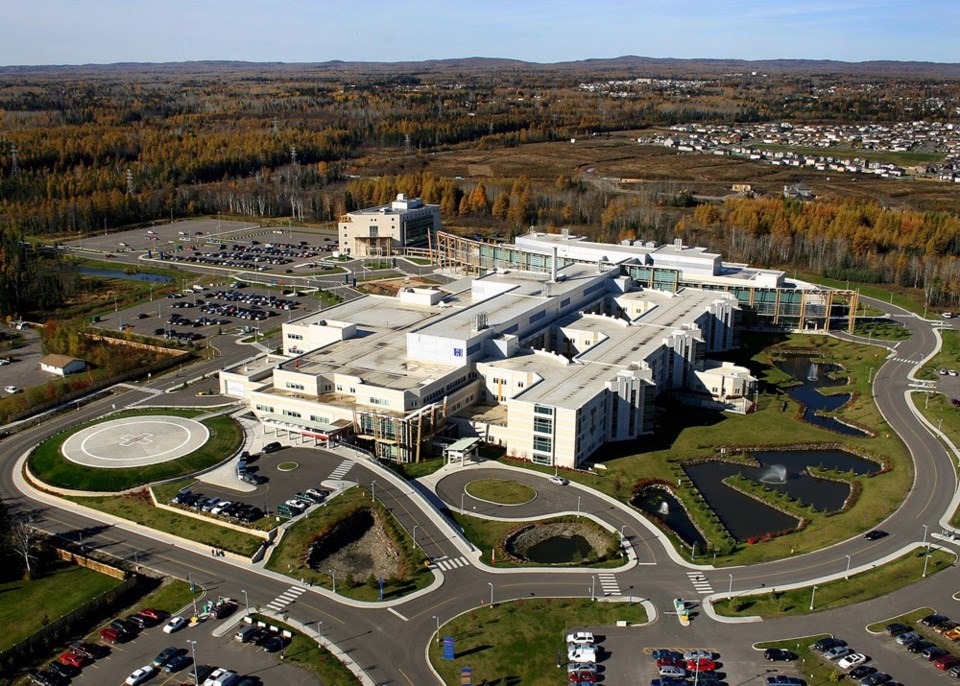THUNDER BAY — Thunder Bay Regional Health Sciences Centre says it has been working to implement the Calls to Action of the Truth and Reconciliation Commission, specifically those that focus on the health sector.
On the National Day for Truth and Reconciliation, the hospital announced the launch of the first of what it promised will be annual updates on the progress it has made.
"We will continue to apply the 94 Calls to Action as a lens to every decision we make as an institution, to ensure we deliver the highest level of compassion and inclusion to every patient, every time," said Rhonda Crocker Ellacott, president and CEO of TBRHSC.
It's been nine years since the TRC issued its findings.
The hospital's inaugural report highlights what's been done with respect to the commission's seven recommendations related to health care, and describes what's been accomplished through various partnerships.
"TBRHSC is working collaboratively with Indigenous organizations, communities and stakeholder groups to develop strategies to promote a culturally safe environment. TBRHSC continues to address racism and other inequities," the executive summary states.
The 425-bed hospital took another step this year toward implementing Call to Action # 23, which seeks to increase the number of Aboriginal professionals working in the health-care field.
Last month, it created and filled the position of Director of Indigenous Collaboration, Equity and Inclusion with an individual who speaks an Indigenous language.
Call to Action # 22 also asked the Canadian health-care system to recognize the value of Aboriginal healing practices, and to use them in the treatment of Aboriginal patients when requested.
TBRHSC said it uses Spiritual Care Providers to work with patients and families and connect them with Elders and Knowledge Keepers on request, and facilitates the provision of traditional ceremonies when asked.
Among other measures, the report states that Indigenous Care Coordinators are now available to support patients beyond standard work-week hours.
In addition, TBRHSC has partnered with Dr. Janet Smylie and Well Living House (through Unity Health Toronto, St. Michael's Hospital) "to address Indigenous racism and discrimination that lead to inequities throughout our hospital."
A review resulted in short-term (within one year), medium-term and long-term recommendations for improving Indigneous patient care.
Starting in 2021, the hospital began asking all patients at registration if they'd like to voluntarily self-identify as First Nations, Métis or Inuit.
The information is not shared with other departments but is used by the Indigenous Collaboration, Equity and Inclusion team to develop culturally-supported services.
To date, over 20,000 individual patients have self-identified as Indigenous.
In a statement accompanying the release of the progress report, TBRHSC's vice-president of Indigenous Collaboration, Equity and Inclusion, Miranda Lesperance, said "Historically, issues have occurred within the health care system for Indigenous peoples. I am happy to share how we are strengthening our commitment to the Truth and Reconciliation Calls for Action."
Besides launching the report Monday, the hospital's Indigenous collaboration department organized a variety of events throughout the month to recognize the National Day for Truth and Reconciliation.
